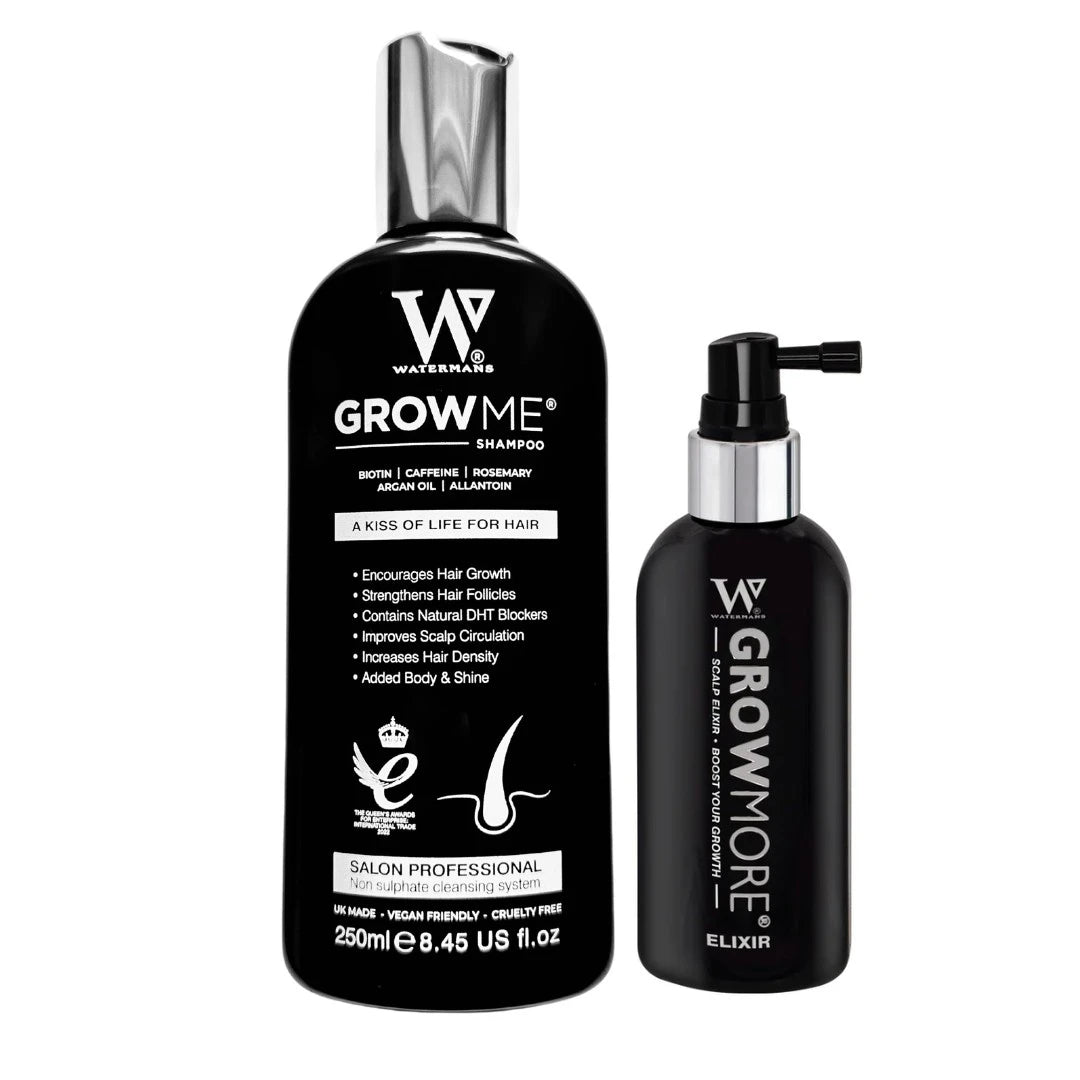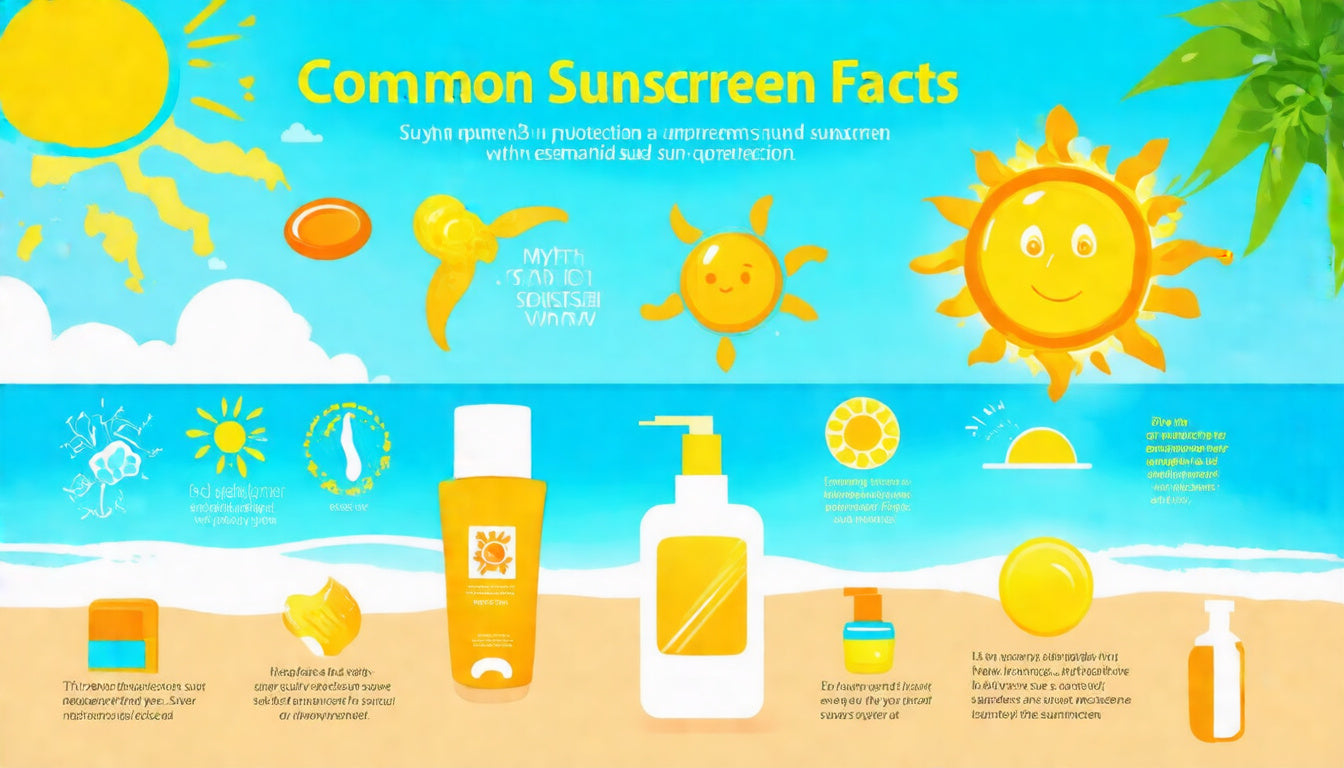
Debunking Sunscreen Myths: Essential Truths You Need to Know!
Sunscreen is an essential part of any skincare routine, especially when it comes to protecting your skin from harmful ultraviolet (UV) rays. Despite its importance, there's a lot of misinformation circulating about sunscreens, how they work, and who should use them. In this article, we’ll debunk some common sunscreen myths and provide you with the essential truths you need to know about sun protection.
Why Is Sunscreen So Important?
One of the primary reasons to use sunscreen is to prevent skin damage caused by UV rays. Contrary to what some believe, the earliest signs of aging, especially in Indian skin, are not wrinkles but hyperpigmentation — dark spots caused by excess melanin production triggered by sun exposure. Sunscreens help prevent these pigmentation issues and reduce the risk of skin cancer.
Myth 1: Sunscreens Cause Vitamin D Deficiency
A common misconception is that sunscreen use can lead to vitamin D deficiency. However, this is not true. When used correctly, sunscreens do not block the production of vitamin D in the skin. You can still get adequate vitamin D through moderate sun exposure, diet, and supplements. Don’t let fear of vitamin D deficiency prevent you from protecting your skin.
How to Reapply Sunscreen with Makeup
Many people wonder how to reapply sunscreen when they are wearing makeup. The best method is to use a powder or spray sunscreen designed for easy application over makeup without disturbing it. This ensures continuous protection throughout the day while maintaining your makeup's look.
Choosing Between Mineral and Chemical Sunscreens
What Are Mineral Sunscreens?
Mineral sunscreens use physical blockers such as zinc oxide or titanium dioxide to reflect UV rays. They are especially suitable for people with sensitive skin, children, and pregnant women because they are generally gentler and less likely to cause irritation.
What Are Chemical Sunscreens?
Chemical sunscreens absorb UV rays and convert them into heat, protecting your skin from damage. They tend to be lighter and easier to apply, making them a popular choice for daily use.
When to Use Mineral Sunscreens?
Due to their gentle nature, mineral sunscreens are preferred for:
- Pregnant women
- Children
- Individuals with sensitive skin
In fact, some mineral sunscreens are tinted and offer high protection with SPF 50 and PA3+, providing an excellent balance between safety and effectiveness.
Which Sunscreen Should You Choose?
Both mineral and chemical sunscreens are effective at blocking UV rays, but your choice should depend on your skin type and specific needs. For sensitive skin, children, and pregnant women, mineral sunscreens are a safer bet. For everyday use on normal skin, chemical sunscreens may offer a more comfortable experience.
Final Tips for Effective Sunscreen Use
- Apply sunscreen 20 minutes before sun exposure.
- Reapply every two hours, or more frequently if swimming or sweating.
- Use broad-spectrum sunscreens that protect against both UVA and UVB rays.
- Don’t forget areas like ears, neck, and hands.
Protecting your skin against sun damage is crucial for long-term skin health and appearance. Understanding the facts behind common sunscreen myths empowers you to make better choices for your skin.
Looking for reliable hair and scalp products that support your overall skin health? Check out Watermans for a range of expertly crafted solutions for hair loss, hair care, and more.













